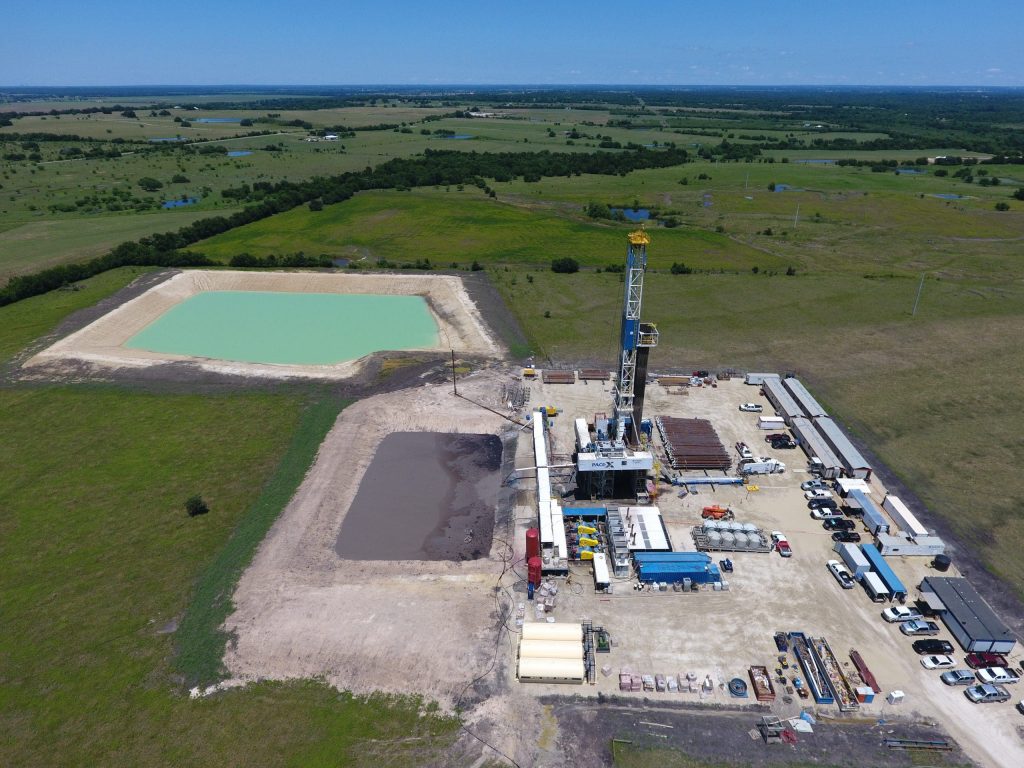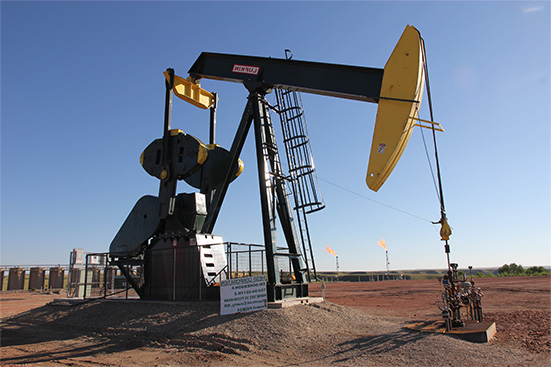
Investing in oil and gas, similar to other tangible assets, can offer valuable protection against inflation. Although low prices of oil and gas commodities can have a detrimental effect on returns, investments in these resources might outperform conventional stocks and bonds during economic downturns or times of high inflation.
Continue reading to discover more about how oil and gas mineral and royalty interests are regarded as like-kind replacement properties in a 1031 exchange, much like traditional real estate.
What is a 1031 Exchange?
The term “1031 Exchange” is derived from Internal Revenue Code Section 1031. This provision allows you to defer depreciation and capital gains tax by reinvesting the proceeds from the sale of an investment property into a replacement property, hence safeguarding substantial wealth.
By utilizing Section 1031 exchanges, you can extend the deferral of taxes through a series of exchanges. However, if you sell the property without exchanging it for a new one, you may potentially incur capital gains and potential depreciation recapture.
What is a DST?
The acronym DST stands for Delaware Statutory Trust, a legal entity capable of owning real estate. It has emerged as a structure that allows for the exchange of real property in accordance with the guidelines specified in IRS Revenue Ruling 2014-86. By adhering to Section 1031 for like-kind exchanges, the Delaware Statutory Trust (DST) provides a means for individuals to exchange appreciated real estate while complying with these provisions. This entity offers a solution to those looking to facilitate like-kind exchanges by exchanging their appreciated real estate.
Section 1031 Requirements
The process of exchanging properties must be conducted with the assistance of a Qualified Intermediary (QI), a professional who oversees the exchange. Qualified intermediaries (QIs) retain the funds generated from the sale of your property until they are subsequently reinvested in the replacement property. To ensure that you do not gain access to the funds during the exchange period, a written “exchange agreement” is required between you and the QI. The involvement of a QI is crucial for a valid 1031 exchange, ensuring compliance with all regulations and facilitating the successful exchange of appreciated real estate for another real estate, thereby avoiding the recognition of capital gains in the year of the exchange. Engaging a QI as an independent third party is one of the key rules in Section 1031, and their services must be secured before the closing of the sale of the property intended for exchange.
The properties involved in the exchange must be classified as “like-kind.” This means that nearly all types of real estate properties, including undeveloped land and those with significant improvements, can qualify as like-kind properties.
Contact DW Energy
Want to learn more about oil & gas investing? Our expert team can provide you with more information or schedule a consultation to talk about diversifying your investment portfolio.

What Are the Benefits of Using a 1031 Exchange for an Oil & Gas Investment?
By exchanging appreciated real estate for oil and gas mineral interests, investors can achieve portfolio diversification.
Oil and gas properties are commonly utilized as replacement assets for real estate and other investments, enabling the deferral of capital gains taxes in accordance with IRS Section 1031.
Why Oil and Gas for your 1031 Exchange Replacement Property?
The oil and gas industry presents a robust investment opportunity influenced by a combination of factors:
- As an investor in the exchange, you will receive regular monthly revenue distributions. One of the significant advantages of owning a beneficial interest in a DST is the elimination of management responsibilities.
- Unlike direct ownership of real estate, where property management can be time-consuming and stressful, a DST allows you to relinquish daily management and operational duties. These responsibilities are efficiently handled by a dedicated and experienced management team.
- Additionally, investing in a DST offers opportunities for diversification. You have the flexibility to determine the desired amount of the exchange based on the specified percentage of ownership in the Delaware Statutory Trust being acquired. This allows you to customize your investment amount to achieve the desired level of diversification.
Today, there are outstanding opportunities for investing in oil and gas, including like-kind exchanges involving oil and gas mineral interests. Learn more here.
Contact dw energy
Sources:
“1031 exchange,” Cornell Law School, https://www.law.cornell.edu/wex/1031_exchange
“Section 1031 Definition and Rules for a 1031 Exchange,” Investopedia, https://www.investopedia.com/terms/s/section1031.asp
“How a Delaware Statutory Trust Works,” Real Estate Solutions, https://www.re-transition.com/investing-delaware-statutory-trust/
“Like-Kind Property: Definition and IRS 1031 Exchange Rules,” Investopedia, https://www.investopedia.com/terms/l/like-kindproperty.asp“Investing in Oil and Gas with a 1031 Exchange,” Bangerter Financial Services, Inc., https://blog.bangerterfinancial.com/blog/investing-in-oil-and-gas-with-a-1031-exchange
